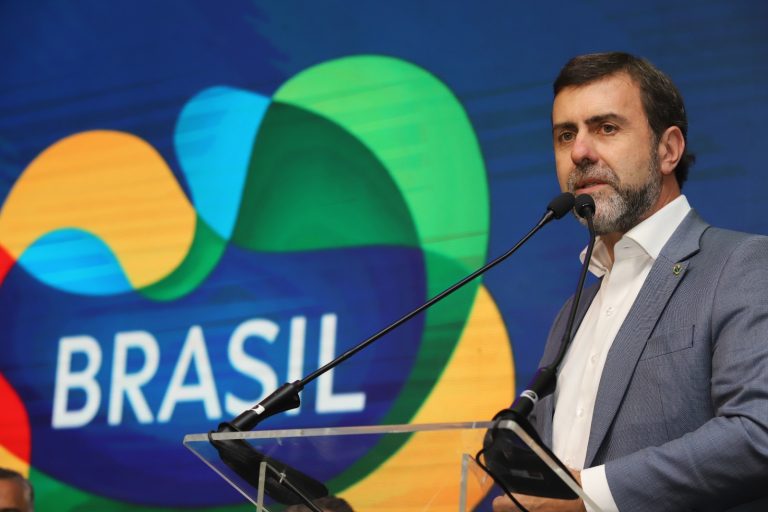*By Marcelo Freixo
Tourism is pleasure, it is business, but most of all it is a powerful tool for strengthening cultural and diplomatic relations between peoples and nations, a bridge for integrating and understanding different worldviews. The economic empowerment of Muslim peoples, notably over the past couple of decades, resonates in the majority of Islamic people traveling across the world, for business or pleasure. This trend, known as Halal Tourism, has gained prominence and the attention of leading international tourism promotion agencies.
Halal is an Arabic world that translates to “lawful” or “permissible” and refers to everything that is in accordance with the principles of the Islamic Law, Shariah, based particularly in the Quran. The Halal Tourism aims to provide a tourism experience that respects the specificities of the Muslim culture, from the supply of foods produced according to the halal principles to the respect to the religious practices like the direction to Mecca in prayer times.
In Brazil, we at the Brazilian Tourism Board, also known as Embratur, are working to adopt an inclusive approach in our tourism destinations, showing the commitment of our country in respecting and welcoming cultural and religious diversity by strengthening our image to the world as a tolerant, inclusive country. We aim to provide a high-quality tourism experience to Muslim travelers, so Embratur works closely to the Arab-Brazilian Chamber of Commerce (ABCC).
The ABCC works with halal services and goods and serves as a benchmark for us and Brazil’s entire chain of tourism services. The Halal Tourism promotion requires a joint effort from different sectors, from the food industry to the tourism service chain. Brazilian meatpackers are at the forefront, and over 90% of these establishments in our country are halal-certified. The state of São Paulo and the city of Foz do Iguaçu have Brazil’s largest Muslim communities and are our two leading Brazilian destination with Halal Tourism-focused strategies.
The dissemination of the halal concept across the country is one of the missions led by Embratur and seeks to engage as many public and private players as possible. Staff training, assessment and adjustment of productive processes, and the creation and adaptation of tourism itineraries are just some of the aspects to be considered.
Embratur is open to talk with Muslim-majority countries and societies where Muslims play a relevant role to create new programs and investments related to Halal Tourism. As part of the administration of President Lula, we also have the political mission to strengthen cultural and economic ties between Brazil and these nations through tourism.
We believe that investing in Halal Tourism delivers very positive results for Brazil. This is proof of our maturity and competency in receiving tourists and strengthening the image of the country as a destination that respects and welcomes the cultural and religious diversity. This allows access to a market with a high purchasing power that’s able to bring in a significant influx of visitors.
As the ABCC notes, the global Muslim population is estimated at 1.9 billion people, 24.5% of the total – if the Islamic countries were to be considered a sole nation, it would be the world’s third largest. Brazil now prepares to welcome them in ever-increasing numbers, always with open arms.
*Marcelo Freixo is the chair of the Brazilian Tourism Board– Embratur
Authors hold sole responsibility for the views expressed in their articles.
Translated by Guilherme Miranda




